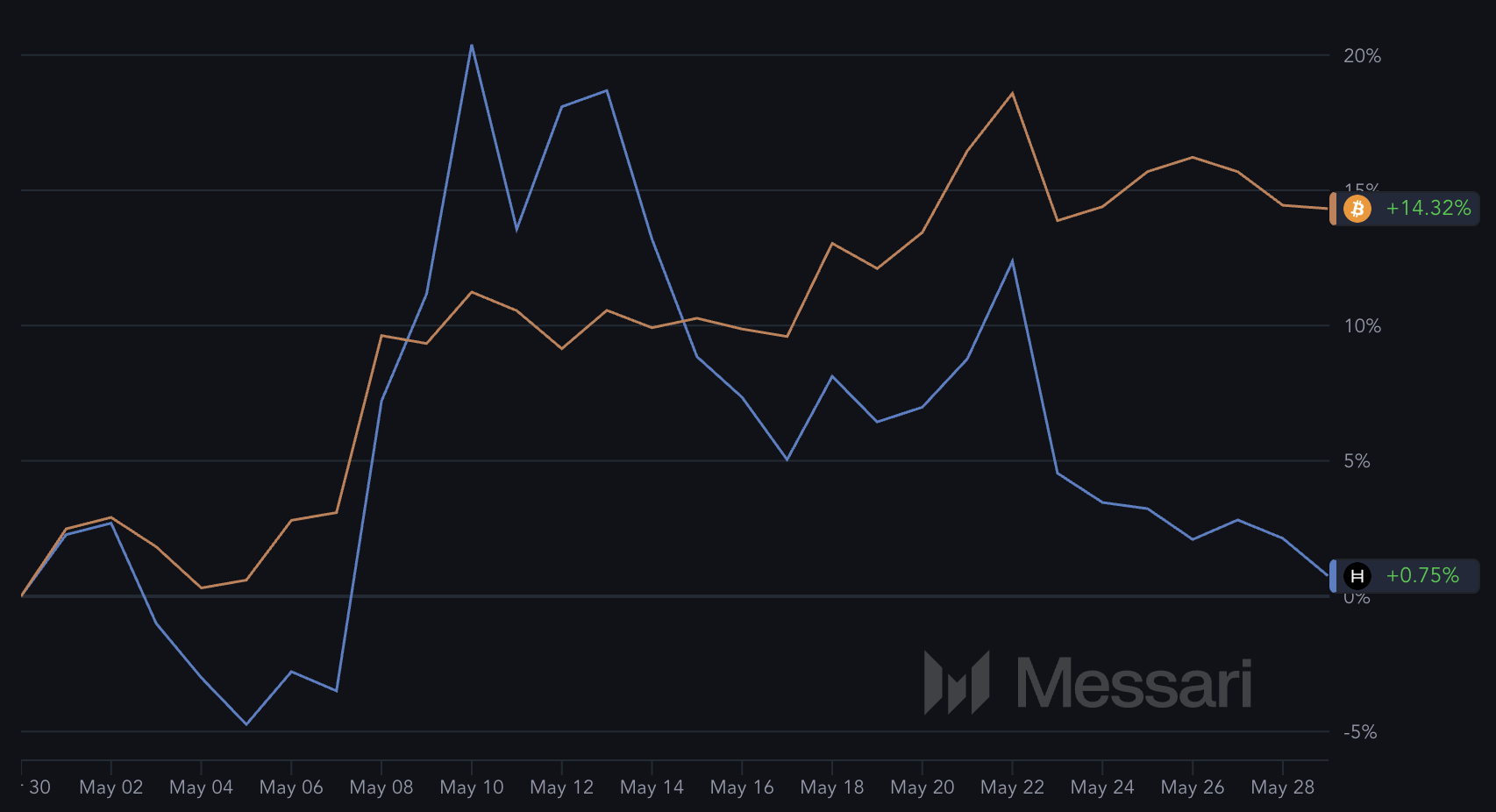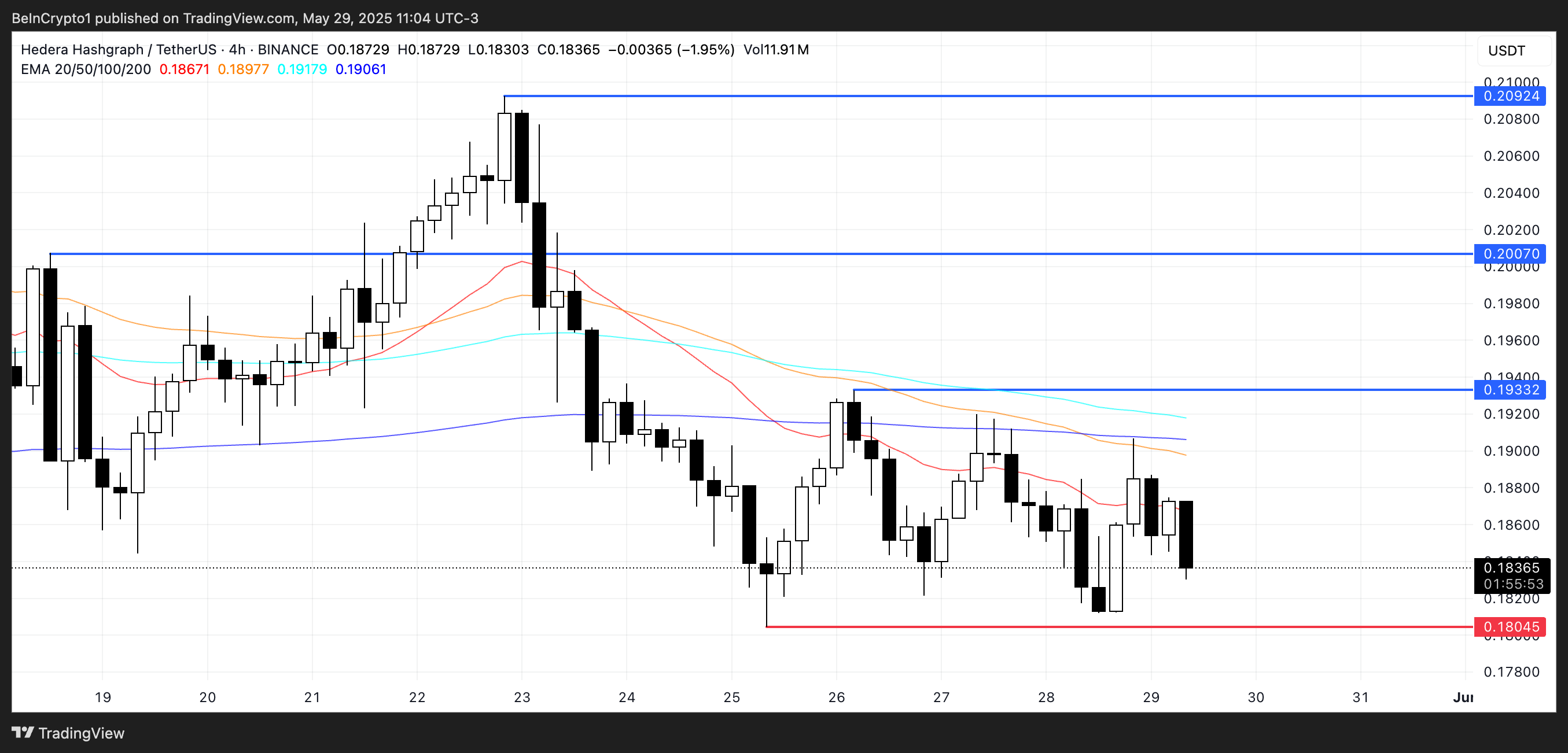Arizona’s State Legislature just passed Bitcoin reserve bills SB1025 and SB1373. They now approach the final hurdle: the governor’s approval to become law.
Both bills won by comfortable margins and will only require the governor’s signature to become law. Governor Katie Hobbs recently ended a vow to veto all bills over a funding dispute, hopefully securing the Reserve’s future.
Arizona Leads the Bitcoin Reserve Race
Arizona’s State Legislature is still in session, but its Bitcoin Reserve bill was relatively early on its agenda. Recently, SB1025 made headlines by making it further than any other state-level Reserve proposal.
Several state-level Bitcoin Reserve bills have been making the rounds lately, but Arizona is all but guaranteed to make the first law.
“Arizona passes second Bitcoin Reserve bill. SB 1373 passed 37-19! Both Reserve bills to Governor Hobbs’ desk for signature,” a crypto-related policy watchdog claimed.
According to SB1025’s text, it will enable Arizona to spend up to 10% of its public funds on Bitcoin or other unspecified digital assets. This funding requirement mirrors South Carolina’s bill, which also mandated a 10% maximum.
Fiscal conservatives in several states opposed a stronger commitment to Bitcoin purchases, presenting a serious obstacle.
Earlier in February, the live proposals would have triggered up to $23 billion in BTC purchases if passed, prompting great enthusiasm from the community.

Unfortunately, fiscal conservatives’ strong opposition dulled these hopes. Today, most active proposals include a spending limit or avoid specific sizes altogether, but a few bills will still trigger substantial purchases.
Now that SB1025 has passed a third reading, Governor Hobbs is the only thing separating Arizona from a Bitcoin Reserve.
Recently, she has been vetoing all proposed legislation in a bid to secure funding for Arizona’s Division of Developmental Disabilities. Less than a week ago, she ended this standoff, hopefully allowing her to sign these bills into law.
Arizona’s spending cap may deflate some Bitcoin enthusiasts’ hopes, but it’s still a victory. Amidst the microeconomic challenges, it’s a win for the industry if state-level acquisitions of any size pass.
On a global scale, government-level BTC hoards are decreasing, with multiple nations completely liquidating their holdings.
Meanwhile, Trump’s Strategic Crypto Reserve intends to preserve an existing stockpile but doesn’t acquire BTC. Nonetheless, it’s a bullish development that helped build market enthusiasm.
If Arizona does pass the bill, it will likely increase Bitcoin’s demand and drive more bullish optimism. New Hampshire and Texas are also trailing Arizona’s lead, as both states are awaiting a Senate vote on their bills.
The post US State Arizona Passes Two Bitcoin Reserve Bills appeared first on BeInCrypto.









